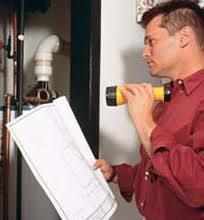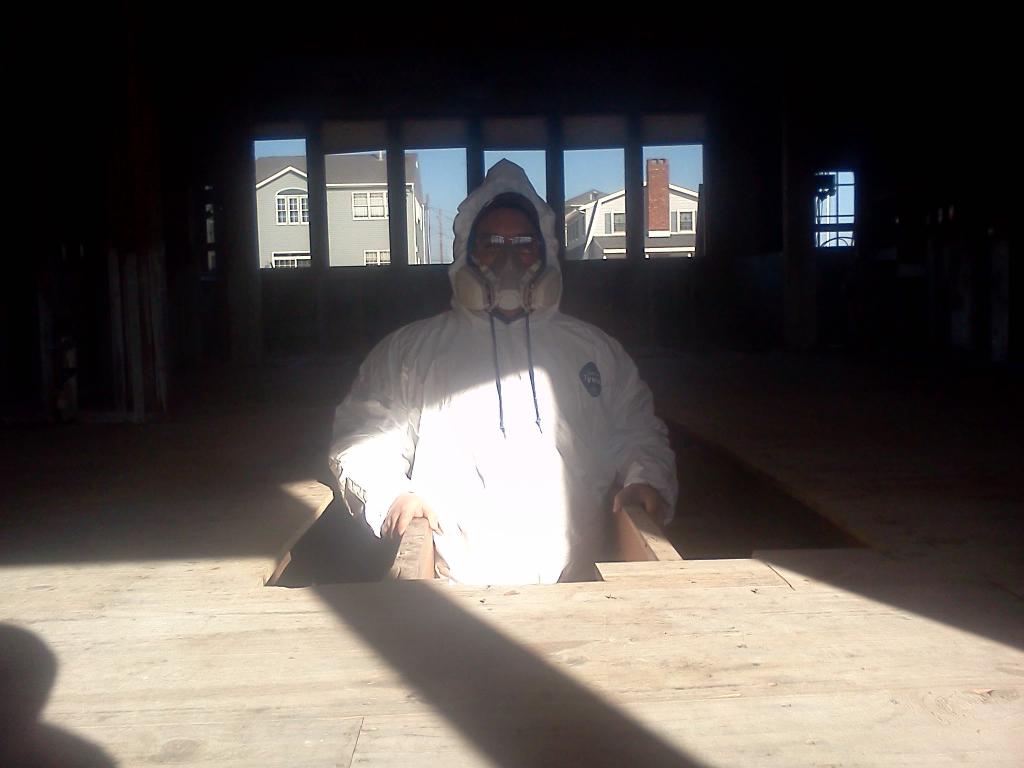Mold Investigation Methods For Dummies
A Brief Overview of Mold Investigation
A mold investigation or inspection is a procedure where a trained inspector collects as much information regarding the condition of a home or building.

This formulation process typically occurs in cycles. A really experienced mold inspector will use questionnaires to probe the homeowner prior to the inspection. Gathering this information first can expedite the mold inspection process but it should not dictate the overall procedure in anyway.
The inspector will form a general hypothesis about why he believes the mold is growing.
Then he will go out using tools such as moisture meters, boroscopes, microscopes, infrared scanners, air samples, surface samples and many other resources to confirm or rebut his initial hypothesis. He should have ample time to conduct a thorough inspection. Any person who comes into your home and runs a 15 minute inspection is not a real mold inspector. They are a salesman.
Once enough information is collected, the inspector should be able to validate or reform his recommendations.
Keep in mind this process does not occur in the course of 1 day. He does an on site mold inspection first. He collects samples. The lab will test them.
Target mold samples ought to be assessed by a certified lab. An experienced mold company, inspector or remediation firm should be aware of all the good and bad labs.
The mold inspector must understand and explain the limitations of his performed duty.

There are many limitations in any given mold inspection. In fact, the limitations can be so numerous that they contradict the entire process of sampling and testing. If inspections are done during periods of high humidity, this will offset results of the rest. If it rained the day before or is about to rain, this will throw off lab results. If a house was "cleaned" days before the inspection is done, this will also throw up the spore count. If and vacuums were used, fans, any type of movement of the air or in the home, any sudden changes of relative humidity, all these things can throw off a mold test.
What's unfortunate, you can't always rely on the mold inspector to explain this to you.
Many mold companies, inspectors and remediators can be desperate. As in, they care more about your money than doing their job right.
No mold inspector will ever schedule mold sampling when:
- The radar shows rain anywhere around the area.
- It is raining, snowing or thundering.
- After a cold wave just passed through.
- After a heat wave just passed through.
- After the homeowner just cleaned the entire house.
We need to reiterate these points. It's important that the inspector makes demands that you may not want to hear.
Any mold inspector who plans on collecting samples must tell you not to clean your home. To keep all fans turned off. And to stay out of the area where mold is believed to be growing. Along with a "control area" where mold is not growing in the home.
This is not a regulation or rule. This is just the smartest way to collect samples. You minimize any possible confounding variables. You save the homeowner wasting hundreds if not thousands on sloppy mold tests.
We'll continue to update this blog as often as possible to help education homeowners all around the US about proper mold inspection procedures and methods.
Thank you for reading!

